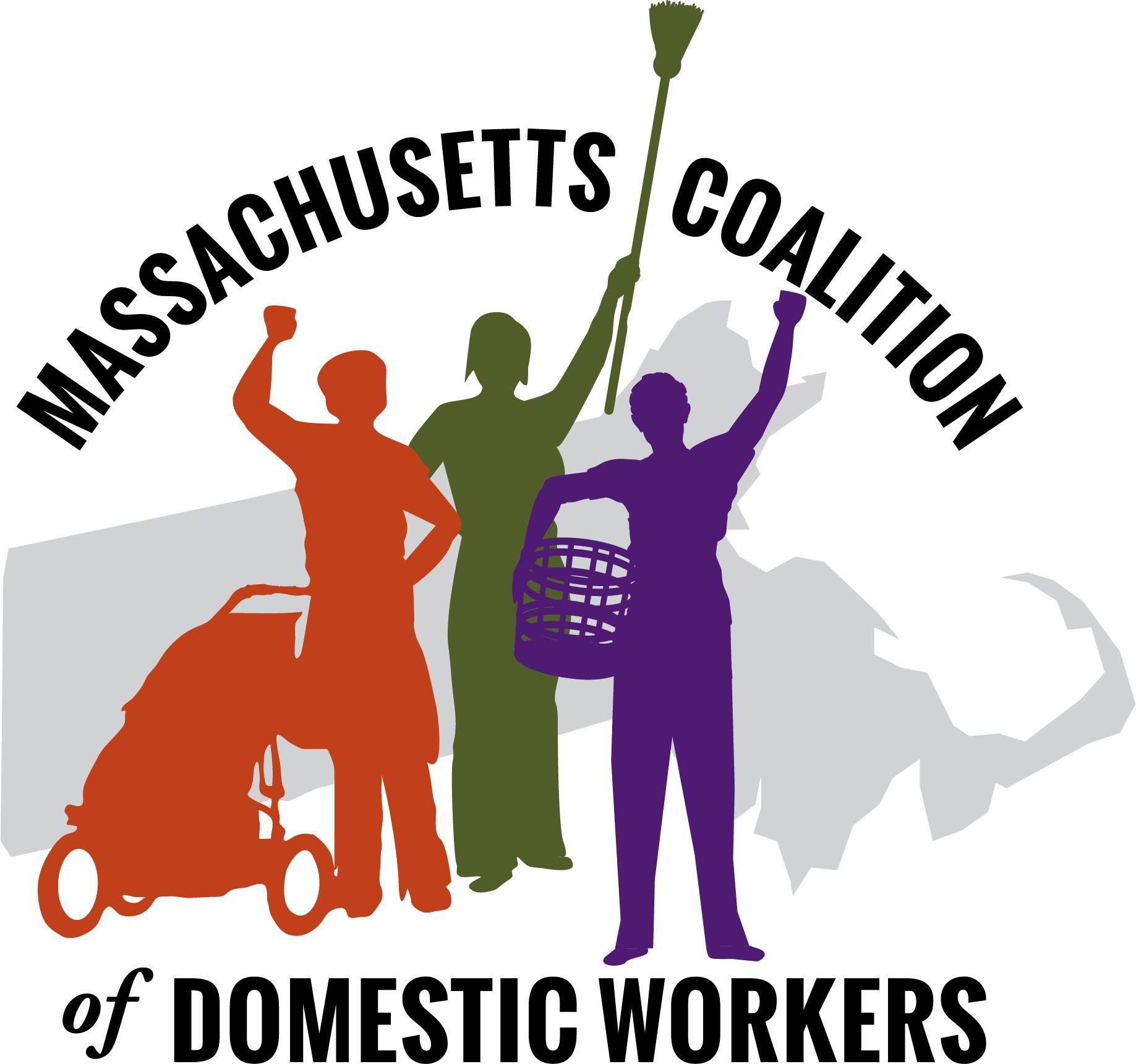Movement History
Domestic work is the work that makes all other work possible.
Although this work is critical, skilled, and hard, domestic workers are often not treated as workers and their labor is invisible in the economy.
The exploitation of domestic workers has deep historical, social, and economic roots. Domestic work in the United States exists within the legacy of chattel slavery and the devaluation of feminized labor. The majority of domestic workers are women of color, many of whom are Black and/or immigrants. Data on the number of domestic workers is difficult to obtain, and estimates on actual numbers vary. The Economic Policy Institute estimated that there were 2.2 million domestic workers in the United States in 2020.
Structurally oppressed within racial capitalism, isolated behind closed doors, and extremely dependent on their employers, many of these women find themselves in situations of severe exploitation, forced labor, and trafficking, sometimes including practices akin to modern day enslavement.
The domestic work sector has historically been poorly regulated; nannies, housekeepers, and home healthcare workers have been excluded from basic labor protections. Domestic workers were originally excluded from the National Labor Relations Act (NLRA), the federal law that guarantees workers the right to form unions, the Occupational Safety and Health Act (OSHA), which sets workplace safety protections, and the Fair Labor Standards Act (FLSA), the federal law which sets minimum wage and overtime protections. This is the result of Southern Senators who were not willing to accord equal protections to a workforce made up largely of Black women.
The FSLA has since been amended to include most domestic workers under its protections, and more recently direct care workers as well; however, domestic workers continue to be excluded from the NLRA and the OSHA. To counteract those exclusions, campaigning for domestic workers rights has focused around legislative protections at the state level.
In Massachusetts, the struggle for equality and justice for domestic workers began decades ago in the 1960s and 70s under the leadership of an African American woman and civil rights activist, Melnea Cass. Due to this organizing, Massachusetts granted domestic workers the right to collectively bargain, eligibility for worker compensation, the right to be paid the state minimum wage and coverage by the state’s overtime laws.
Massachusetts coalition of domestic workers
On December 7, 2010, a Steering Committee comprised of the Brazilian Worker Center (BWC), Matahari: Eye of the Day, the Dominican Development Center (DDC), Massachusetts Professional Nannies Association (MAPN) and Vida Verde (VVC) founded the Massachusetts Coalition of Domestic Workers (MCDW). MCDW continued Melnea Cass’s work, starting a modern movement for domestic workers in the state.
MCDW led in years of campaigning, culminating in April 2014 when Massachusetts passed the Domestic Workers’ Bill of Rights. The law came into effect in April 2015 and applies to any nanny, housekeeper, housecleaner, or caretaker—regardless of immigration status—working in a private home, except those who are employed through state-regulated staffing agencies.
The Bill of Rights establishes labor standards that protect domestic workers’ basic workplace rights including freedom from: discrimination, illegal charges for food and lodging, eviction without notice of termination, retaliation for asserting wage violations, sexual harassment, and the abuses of trafficking. The law provides clarity on what constitutes working time and the right to 24 hours off per a seven day calendar week, 48 hours off per month, and parental leave.
The passage of the law constitutes just the first step to ensure that the rights of domestic workers are protected in the state. The next phase has been working on effective implementation of the law to guarantee that domestic workers have access to their rights.
MCDW does this by fostering domestic worker leadership, by working with employers, legislators and different stakeholders, and amplifying the voices and actions by domestic workers for domestic workers. Through direct outreach and targeted know-your-rights trainings, MCDW builds the capacity of the domestic workers to raise awareness and mobilize other workers in their constituency. The coalition aims to create a sustainable movement of self-organized domestic workers in the state.
By including domestic workers in the coalition’s highest decision making body and putting them at the fore-front of all conversations that concern them, the coalition fosters domestic workers leadership and supports genuine participation in all decisions that affect them.
Ensuring that all women who engage in domestic work, whether as a long term career choice or as temporary measure, have access to decent work and decent living conditions is the coalition’s utmost priority. Of equal importance is ensuring that women who remain domestic workers do so out of choice and not out necessity. MCDW helps to provide access to language trainings and vocational or professional degrees to reduce domestic worker’s vulnerability, support their social integration, and provide opportunity for social and economic mobility.
The Massachusetts Coalition of Domestic Workers (MCDW) firmly believes that every domestic worker in the state ought to have the right to decent work and decent living conditions. The Coalition further believes that domestic workers ought to be authors of their own destiny and works towards empowering domestic workers to fulfill their full potential and become the driving force for change.

